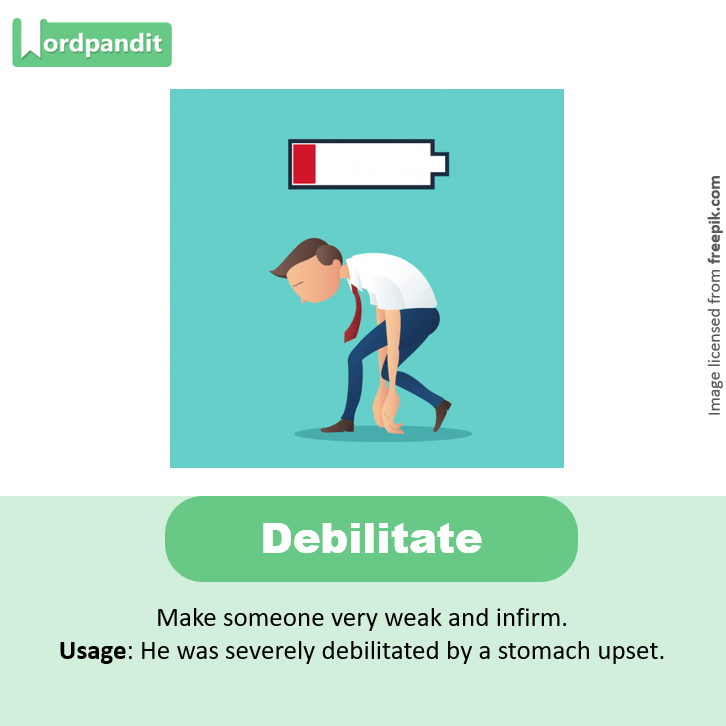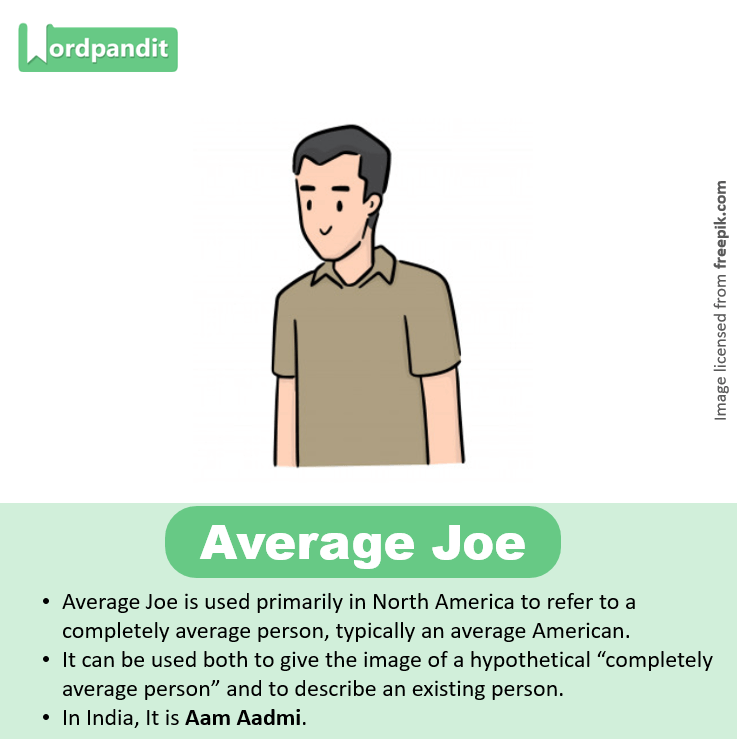1. Liquidity crunch
• In financial economics, a liquidity crunch refers to an acute shortage of liquidity.
• Liquidity may refer to market liquidity, funding liquidity, or accounting liquidity.
• Some economists define a market to be liquid if it can absorb liquidity trades without large changes in price.
Usage: It attributed deflationary spirals to the reverse effect of a failure of a central bank to support the money supply during a liquidity crunch
2. Termite
• A small, pale soft-bodied insect that lives in large colonies with several different castes, typically within a mound of cemented earth. Many kinds feed on wood and can be highly destructive to trees and timber.
Usage: It is a powerful little digger with long, strong claws, which it uses to rip apart rock-hard termite mounds
3. Ex parte matters
• Ex parte matters are usually temporary orders such as a restraining order or a temporary custody, pending a formal hearing or an emergency request for a continuance.
• Most jurisdictions require at least a diligent attempt to contact the other party’s lawyer of the time and place of any ex parte hearing.
4. Entrench
• Establish an attitude, habit, or belief so firmly that change is very difficult or unlikely.
Usage: Ageism is entrenched in our society.
• Establish a military force in trenches or other fortified positions.
5. Mendicant
• A beggar.
• A mendicant is one who practices mendicancy and relies chiefly or exclusively on charitable donations to survive.
Usage: After the poisonous fumes from the factory blurred his vision and life two decades ago, the tailor in Nawab Nagar became a mendicant

6. Death knell
• A death knell is the ringing of a church bell immediately after a death to announce it.
• Historically it was the second of three bells rung around death, the first being the passing bell to warn of impending death, and the last was corpse bell, which survives today as the funeral toll.
Usage: Fees, he argues, do not sound the death knell for the gap year, but in fact make it an even more important institution
7. Debilitate
• Make someone very weak and infirm.
Usage: He was severely debilitated by typhoid
Synonyms: weakening, enfeebling, enervating, enervative.

8. Satrap
• Satraps were the governors of the provinces of the ancient Median and Achaemenid Empires and in several of their successors, such as in the Sasanian Empire and the Hellenistic empires.
9. Retrenchment
• Retrenchment is an act of cutting down or reduction, particularly of public expenditure.
Usage: The salient point here is that the retrenchment was plainly not forced by tight money or credit
10. Ableism
• Ableism is discrimination and social prejudice against people with disabilities or who are perceived to have disabilities. Ableism characterizes persons as defined by their disabilities and as inferior to the non-disabled.
Usage: It is arguable that other forms of oppression, such as gender oppression, sexism, ableism, ageism, etc., are also produced by capitalism.
11. Average Joe
• Average Joe is used primarily in North America to refer to a completely average person, typically an average American.
• It can be used both to give the image of a hypothetical “completely average person” and to describe an existing person.
• In India, It is Aam Aadmi.







